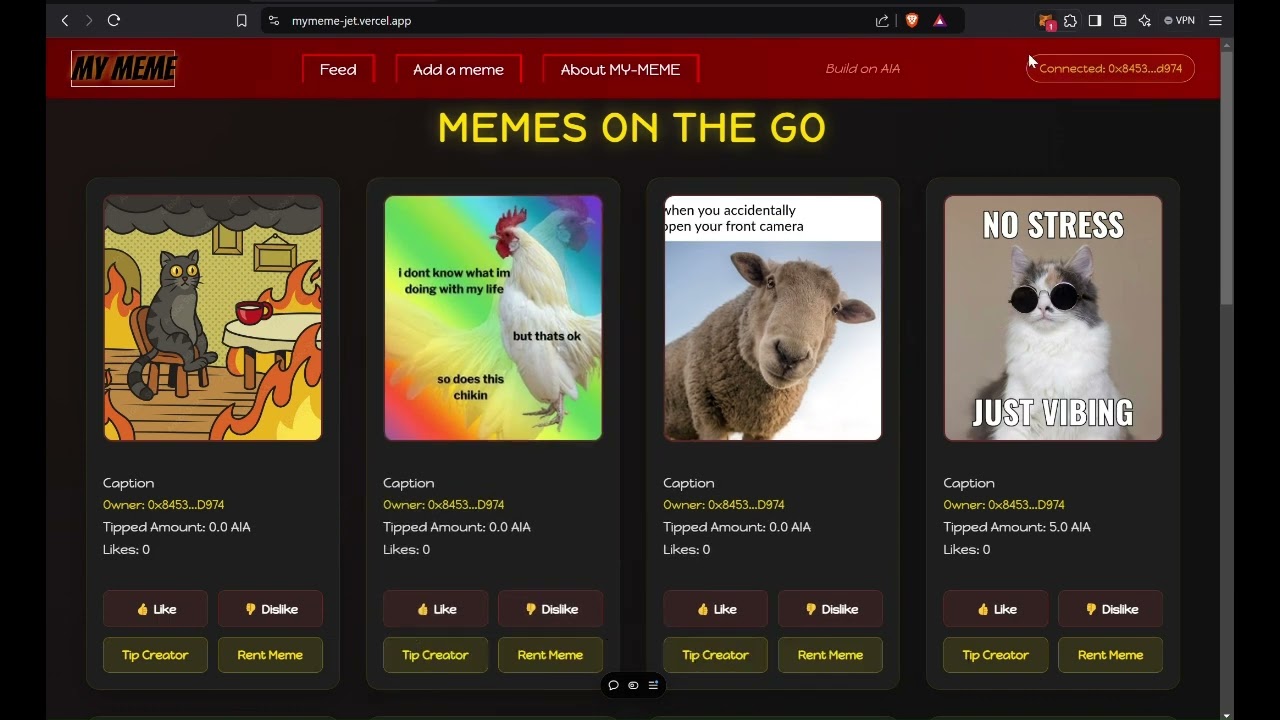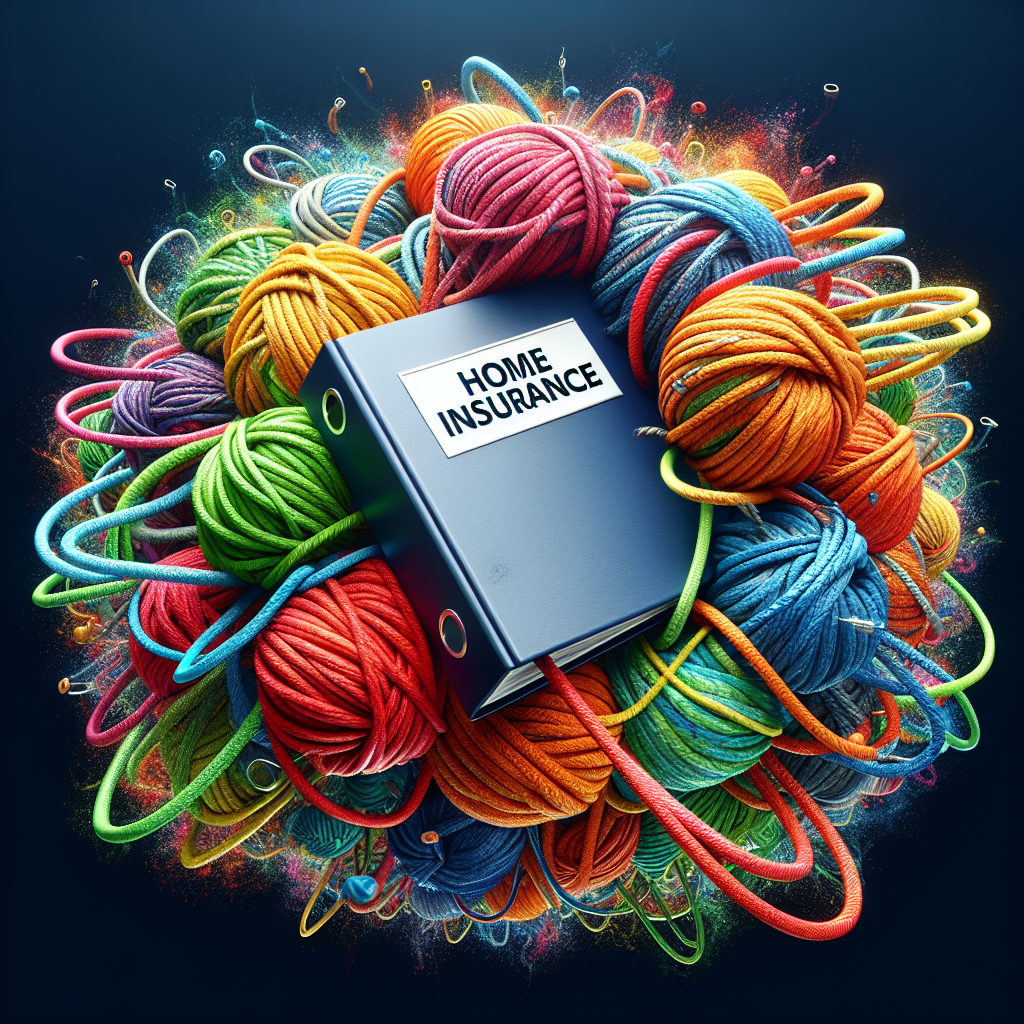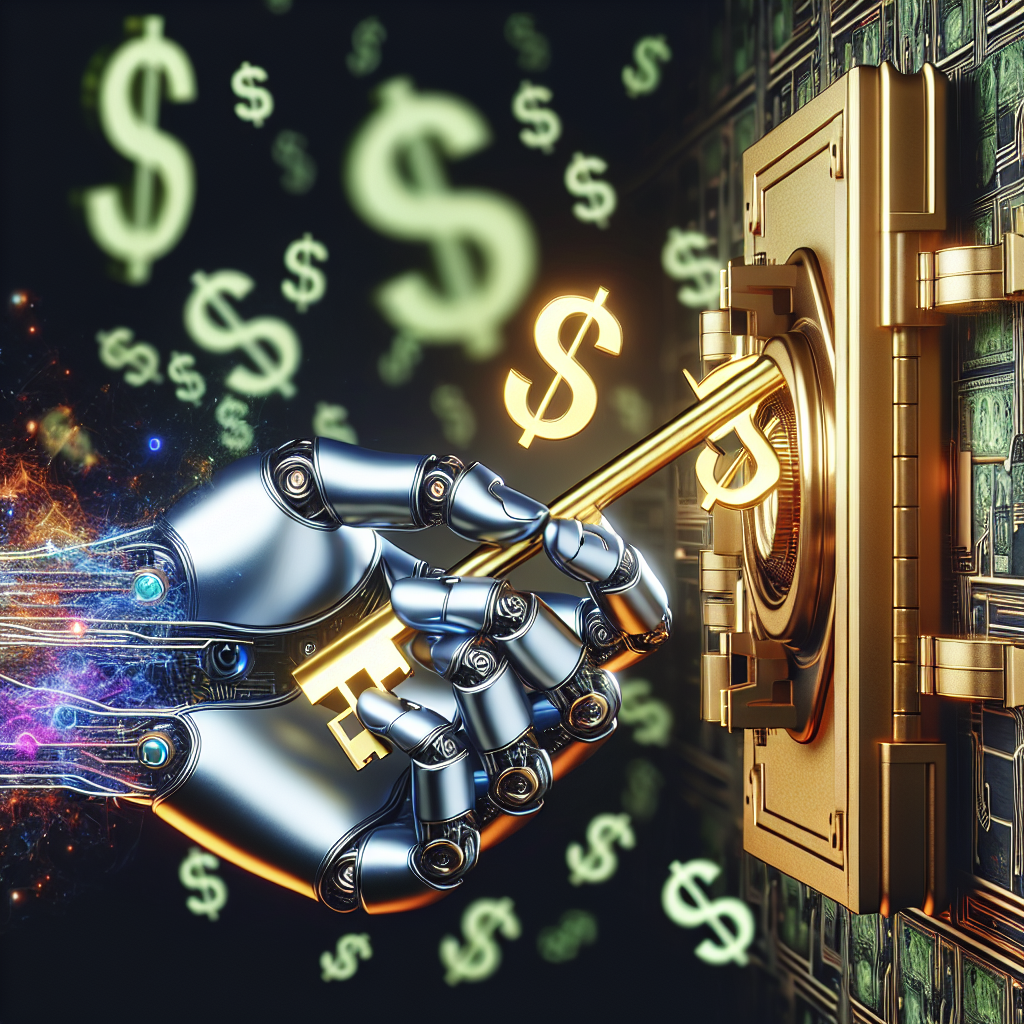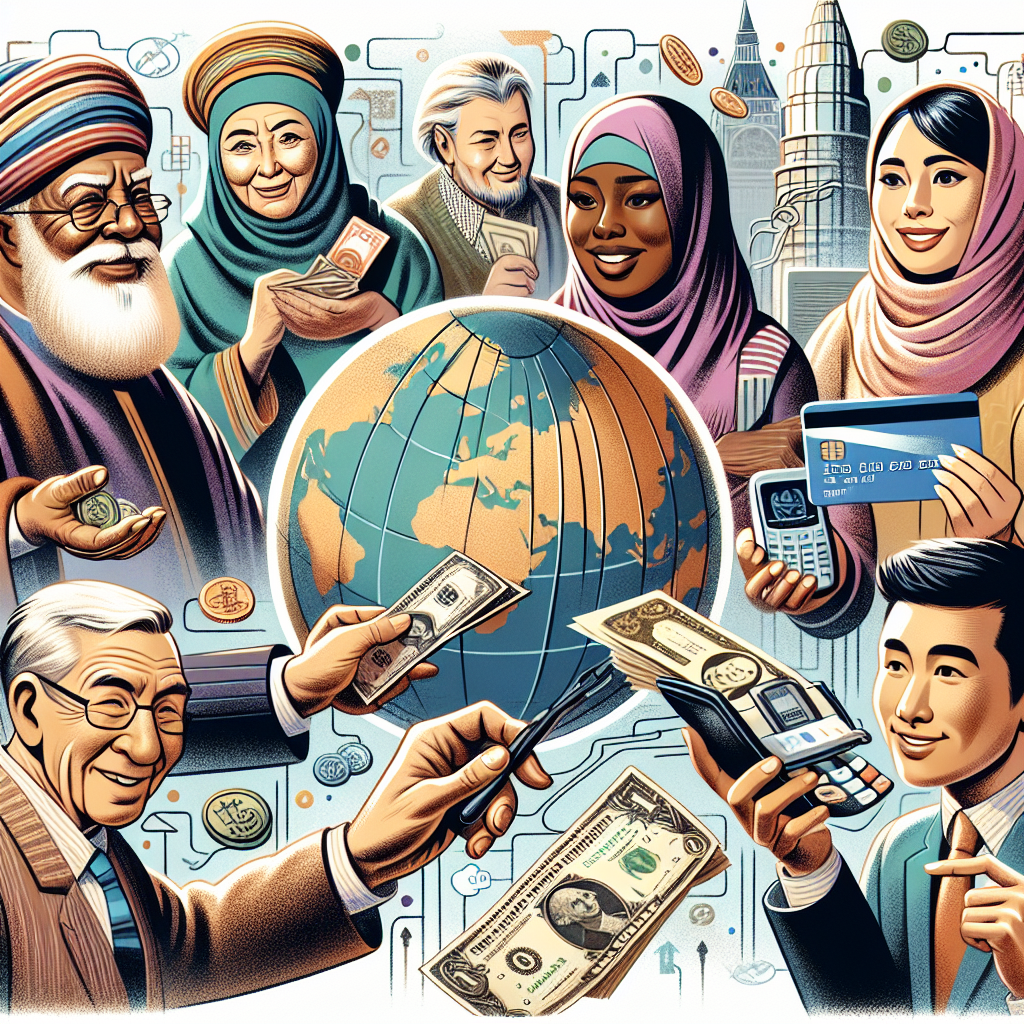Blockchain technology is changing the way content creators earn money. Instead of relying on big companies or platforms, creators can now directly connect with their fans and make money from their work. Let’s explore how this works and what it means for artists, writers, and other content makers.
First, let’s understand some important terms:
Blockchain: A special type of technology that keeps track of information in a way that is safe and hard to change. It works like a digital notebook that everyone can see, but no one can easily erase.
Cryptocurrency: A kind of money that exists only online. It is used to buy things or pay for services in the digital world. Bitcoin is one example of cryptocurrency.
Smart Contracts: These are self-executing contracts with the rules written in code. They automatically carry out actions when certain conditions are met. This means no middleman is needed.
Direct Monetization: This is when content creators are paid directly by their audience, without needing a company to handle the money.
With blockchain, creators can sell their work directly to fans. For instance, an artist can sell a digital painting as a unique item (called a Non-Fungible Token, or NFT) that fans can buy using cryptocurrency. This way, the artist gets paid instantly, and fans feel like they own something special.
Moreover, smart contracts make this process even easier. They can ensure that creators get a fair share of the money every time their work is sold or shared. This way, even if the content becomes popular years later, the original creator still earns money.
Overall, blockchain technology gives power back to the artists and content creators. They can earn more from their passion without relying on big companies. By connecting directly with their fans, they build a stronger community and make sure their hard work is rewarded.
Understanding Blockchain Technology
Blockchain is a type of technology that allows information to be stored across a network of computers. Unlike traditional databases that store information in one central place, blockchain distributes the data across many computers. This means that no single person or entity controls it, making it secure and transparent.
Main Features of Blockchain
- Decentralization: The information is not controlled by a single authority, which reduces the chances of fraud.
- Transparency: All transactions are visible to everyone on the network, ensuring accountability.
- Security: The data on the blockchain is encrypted, making it extremely difficult to tamper with.
The Content Creation Problem
Content creators such as writers, musicians, and artists have historically struggled to earn money from their work. Traditional platforms like social media or streaming services often take a large cut of the earnings, leaving creators with little reward for their hard work. This issue creates a gap between creators and their audience, as many fans are willing to support their favorite artists financially, but the systems in place are not designed to allow this easily.
Supporting Quotes
“The traditional model often puts money in the pockets of platform owners rather than creators.”
This highlights the challenge that many content creators face in our current economy.
How Blockchain Empowers Content Creators
Blockchain technology has the potential to change this landscape significantly. Here are some benefits:
- Direct Monetization: Creators can sell their work directly to their audience without intermediaries taking a cut. Platforms based on blockchain allow for this direct transaction.
- Smart Contracts: These are automated contracts executed when conditions are met. They ensure that creators get paid instantly when someone purchases their work.
- Tokenization: Creators can turn their content into digital tokens that fans can buy, trade, or sell. This can create a new revenue stream for artists.
Real-World Examples of Blockchain in Use
Several platforms are already using blockchain to help creators. For instance:
| Patreon | Allows fans to support creators through subscriptions. (Note: A blockchain version could eliminate fees) |
| Musicoin | A platform for musicians to receive payments directly each time their music is played. |
| OpenSea | Allows creators to sell their digital art as NFTs (Non-Fungible Tokens). |
Understanding NFTs
NFTs or Non-Fungible Tokens are unique digital assets that represent ownership of a specific item, artwork, or piece of content on the blockchain. Unlike cryptocurrencies like Bitcoin or Ethereum, which are fungible (meaning each unit is the same as another), NFTs are one-of-a-kind.
Addressing the Concerns of Blockchain Usage
Some critics of blockchain technology argue that it can be difficult to understand and use. Additionally, issues related to the environmental impact of blockchain mining and energy consumption are raised. However, many blockchain networks are evolving to become more energy-efficient.
“The new generation of blockchain technologies is already looking at sustainability and efficiency.”
This indicates a shift in focus toward creating a more environmentally friendly way to utilize blockchain.
The Future of Content Creation
As blockchain technology continues to evolve, it has the potential to transform the content creation landscape drastically. It empowers creators by providing them with more control over their work, better financial rewards, and stronger connections with their audience. Educating both creators and consumers about these technologies will be crucial in making the most of these innovations.
What is blockchain technology?
Blockchain is a decentralized digital ledger that records transactions across multiple computers. It ensures the security, transparency, and immutability of data by allowing participants to verify and access information without a central authority.
How does blockchain empower content creators?
Blockchain gives content creators direct control over their work by enabling them to monetize their content without intermediaries. This eliminates the need for platforms that take a significant cut of the creator’s earnings, allowing for more revenue to go directly to the creator.
What is direct monetization in the context of blockchain?
Direct monetization refers to the ability of content creators to earn revenue directly from their audience, often through the sale of digital goods, subscriptions, or donations. Blockchain facilitates this process by providing a secure and transparent payment system that connects creators with their supporters.
Are there specific platforms that utilize blockchain for content creation?
Yes, various platforms leverage blockchain technology to support content creators. Examples include decentralized content distribution networks and marketplaces where creators can sell their work directly to consumers without relying on traditional content platforms.
What are the benefits of using cryptocurrencies for payments?
Using cryptocurrencies for payments allows for faster transactions, lower fees, and borderless access. Content creators can receive payments instantly and in their preferred cryptocurrency, making it easier to manage their earnings across different regions.
How does blockchain affect copyright and ownership?
Blockchain allows creators to register their work on the ledger, providing a permanent and tamper-proof record of their ownership. This can simplify the process of proving copyright and help protect against unauthorized use of their content.
Can blockchain help reduce piracy of digital content?
Yes, by providing a clear ownership record and enabling content creators to implement smart contracts, blockchain can help deter piracy. Creators can set conditions for access to their content and monetize it more effectively, making piracy less appealing.
What challenges do content creators face when adopting blockchain technology?
Challenges may include the complexity of blockchain technology, regulatory issues, and the need for audience education regarding cryptocurrency payments. Additionally, creators must navigate the volatility of cryptocurrencies, which can affect their income stability.
Is blockchain technology suitable for all types of content creators?
While blockchain technology can benefit many types of content creators, its suitability depends on the creator’s specific needs and audience. Visual artists, musicians, writers, and even educators can find value in using blockchain for direct monetization, but each must assess whether it’s the right fit for their work.
What does the future hold for blockchain and content creation?
MY MEME: Revolutionizing Meme Culture with Blockchain-Powered Creativity and Monetization
The future of blockchain in content creation looks promising, with potential advancements in technology and broader adoption. As more content creators explore blockchain, we may see innovative models for engagement and monetization that empower artists while enriching the overall digital ecosystem.



